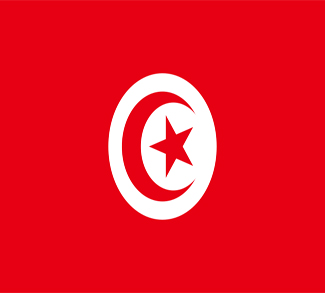Summary
This past week, Turkey’s Constitutional Court began hearing a trial that could see the governing AKP (Justice and Development Party) outlawed, and its members banned from politics for five years. Meanwhile, two days ago, the government detained 21 people on grounds of coup-plotting. These moves reflect the chess match underway between Turkey’s secularists and the piety-oriented AKP, and foreshadows political turmoil.
Analysis
Turkey’s Constitutional Court has been busy flaunting its credentials as a bastion of strict, Kemalist secularism: Last month, the Court struck down AKP legislation, and upheld the longstanding ban on headscarves on Turkish university campuses. This week, the Court began hearing a case brought by prosecutor, Abdurahhman Yalcinkaya, who aims to have the AKP and all its members banned from politics on the grounds of surreptitiously attempting to impose Sharia (Islamic law).
If there were any doubts of how the Court will find, it was erased when upstart newspaper “Taraf” broke a story of secret meetings held between Judge Osman Paksut (the second in power on the Court) and Turkish General Ilker Basbug. As is well known, the Turkish military brass is desperate to strip the AKP of power, and reverse what they view as the creeping Islamisation of Turkish society, spearheaded by the AKP. That there has been no hard coup by the Generals, as happened in 1960, 1971 and 1980, is a testament to the AKP’s popularity (the party garnered 47% of the vote in last year’s election), and the Generals’ reluctance to jeopardize EU accession or invite international condemnation.
In facing down the Generals and their secular allies (generally thought to include the Court, the bureaucracy, the intelligentsia, and the upper and upper middle classes), the strategy of the AKP over the past two years has been effective: leverage their popularity, their competent stewardship of the economy, and their pro-EU stance so as to paint the Generals’ ambitions as both anti-democratic and detrimental to the interests of the Turkish majority. In this light, the July 2nd detainment of 21 suspected ultra-nationalists (including a former General, a prominent newspaper editor, and the head of Ankara’s Chamber of Commerce) on grounds of plotting a coup can be viewed as a clever political gambit: the AKP portrayed themselves as defenders of democracy, and moderates against the secular extremists.
To the detriment of Turkish political and economic stability, this political tit for tat will continue through the summer, as the chess match plays out. If the AKP can mount enough pressure on the Generals, both domestic and international, they may force a negotiated drawdown wherein the Court agrees to stay proceedings against the AKP.
In the case that the AKP is banned, they would be sharing the fate of past Islamist parties: the National Order Party, the Virtue Party, and most recently the Welfare Party in 1998. The immediate effect would be disorder as a minority coalition forms, likely led by the Republican People’s Party (founded by Ataturk, and having garnered 21% of the vote in last year’s election). Yet any subsequent election would surely be won by the AKP, but reconstituted in a different guise, with current PM Erdogan and his cohort pulling strings. Turkey, therefore, would be no closer to resolving its identity problem, and the chess match would continue.
Ian Speigel is a contributor to Geopoliticalmonitor.com



